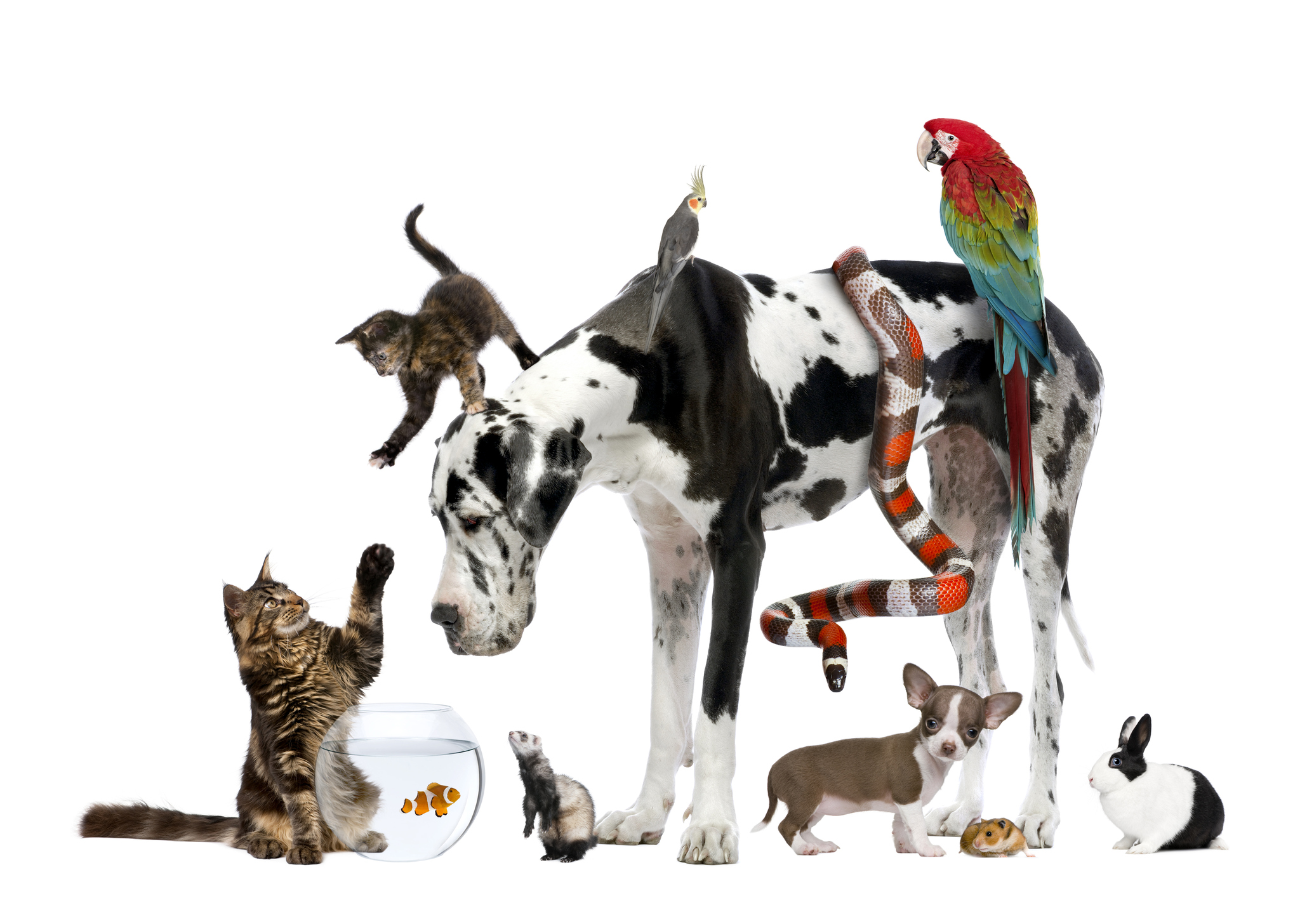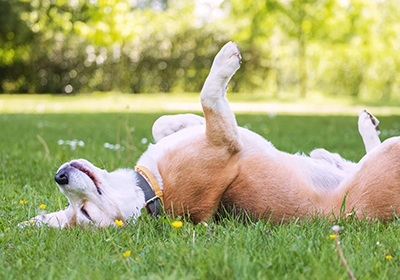
The Importance of Socialization for Pets
Introduction
The Importance of Socialization for your pets ensures their ability to react to the world healthily, without fear or aggression. Socialization plays a crucial role in the development and well-being of our beloved pets. Whether you have a playful puppy, a curious kitten, or a new feathered friend, exposing them to various experiences, people, and environments is essential for their mental and emotional growth. In this article, we will delve into the significance of socialization for pets and offer some tips on how to ensure a well-rounded upbringing for your furry or light companion.

Why Socialization Matters
Behavioral Benefits
Socialization helps pets develop suitable behavior and manners. It teaches them how to interact with other animals and humans, reducing the chance of aggressive or fearful behavior later in life.
Emotional Well-being
Socialized pets tend to be more confident and less dying. They are better equipped to handle new situations and adapt to changes in their environment without excessive stress.
Improved Communication
Socialization allows pets to learn non-verbal cues from other animals and humans. This helps them communicate effectively, both with their own kind and with their human families.
Preventing Phobias
Early exposure to various sounds, sights, and experiences can prevent the development of abnormal fear and anxiety in pets. For example, a dog that encounters thunderstorms as a puppy is less likely to develop a fear of loud noises.
How to Socialize Your Pet:

Early Start
Begin socialization as early as possible. Puppies and kittens are most receptive to new experiences between 3 and 14 weeks of age.
Positive Exposure
Introduce your pet to a wide range of people, animals, and environments in a positive and controlled manner. Use treats and praise to reward good behavior.
Obedience Training
Basic obedience training is a form of socialization. It teaches your pet to respond to commands and behave appropriately in various situations.
Pet-Friendly Places
Take your pet to pet-friendly parks, stores, and events. This exposes them to different people and animals in a safe environment.
Regular Playdates
Arrange playdates with other pets to allow your furry friend to learn social skills through interaction with their peers.
Handling Exercises
Gently handle your pet’s paws, ears, and mouth to accustom them to being touched. This will make vet visits and grooming less stressful.
Desensitization
Gradually expose your pet to things they may find scary, like vacuum cleaners or car rides. Start with short sessions and reward them for staying calm.
Challenges and Considerations
Individual Differences
Keep in mind that each pet is unique. Some may be naturally more outgoing, while others are more reserved. Respect their personalities and don’t force interactions.
Vaccinations
Ensure your pet’s vaccinations are up to date before exposing them to other animals. Consult your vet for guidance on the appropriate timing.
Patience and Consistency
Socialization is an ongoing process. Be patient and consistent in your efforts, and remember that it’s never too late to start.
Conclusion
Socialization is a vital aspect of raising a happy, well-adjusted pet. By providing positive experiences, exposing them to various situations, and teaching them how to interact with others, you can help your furry or feathered companion thrive in our diverse and ever-changing world. So, start early, be patient, and enjoy the journey of watching your pet grow into a well-socialized and confident member of your family.
Leave a Reply